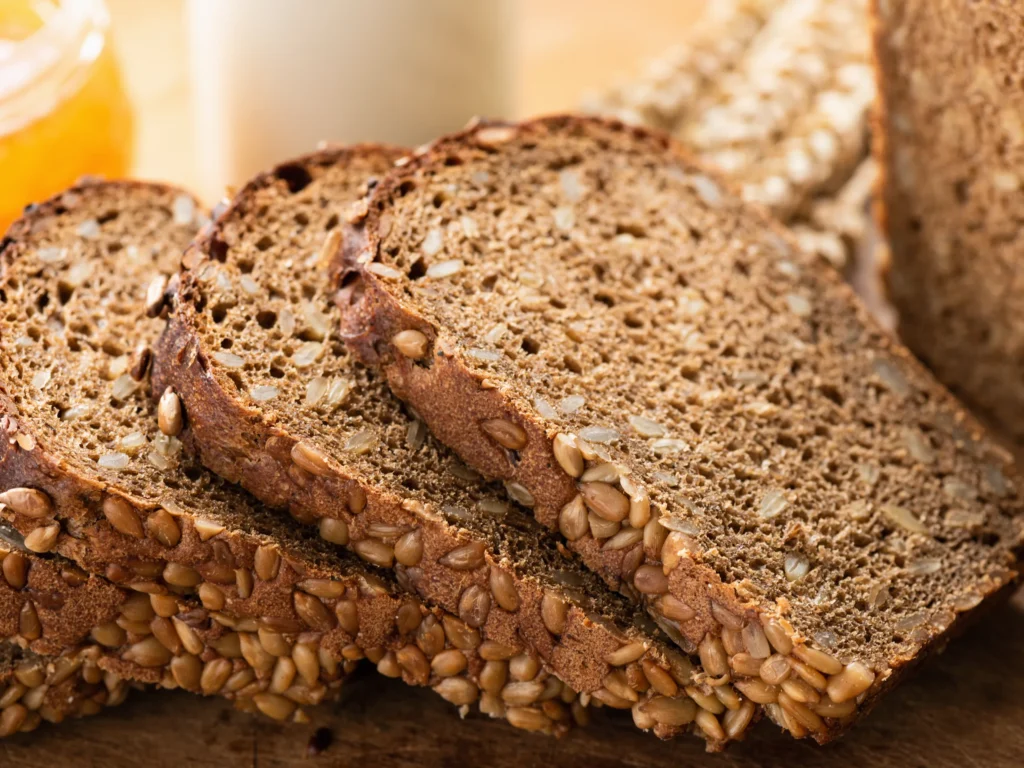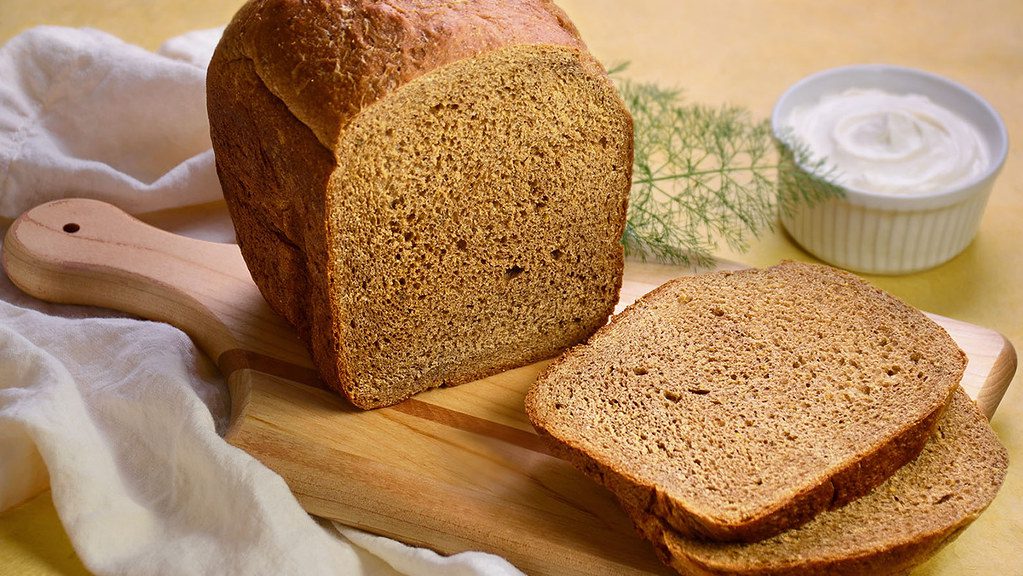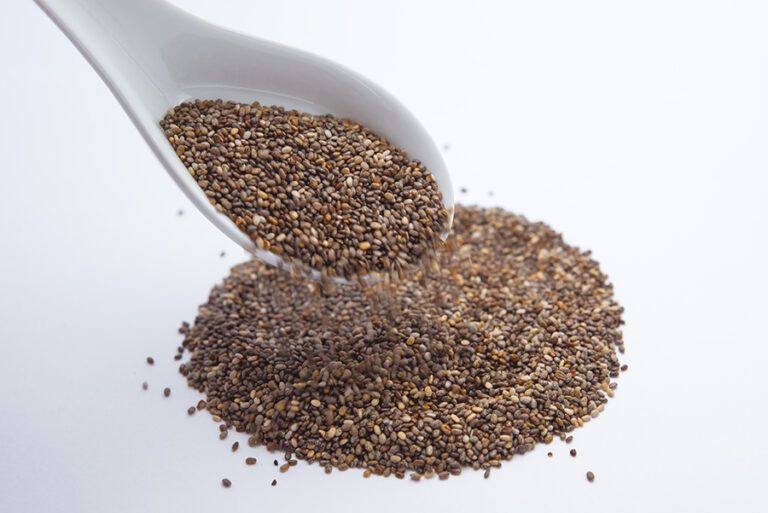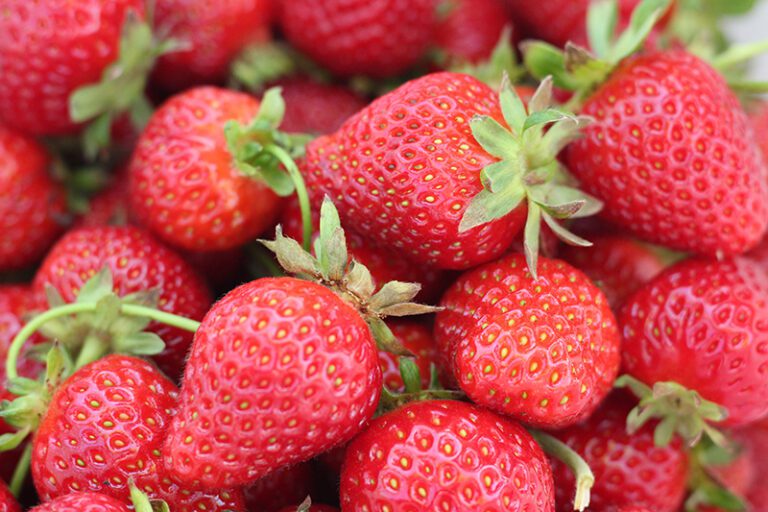In recent years, sprouted grain bread has gained significant popularity among health-conscious individuals. This nutrient-dense alternative to traditional bread offers a host of benefits that make it an excellent choice for those seeking optimal nutrition and overall well-being. In this blog post, we will delve into the fascinating world of sprouted grain bread, exploring its unique qualities and why it stands out as a healthier option.

What is Sprouted Grain Bread?
Regular whole grains are the mature seeds of cereal plants like wheat, barley, or oats. These seeds contain all the necessary nutrients for germination and growth into plants. However, they remain dormant until they receive the magic combination of heat and water. To open up, they require warming and hydration.
Sprouted grain bread is made from whole grains that have undergone the process of sprouting. However, they are harvested before they become plants. Mark E. Sorrells, Ph.D., professor of plant breeding and genetics and founder of the Cornell Small Grains Project at Cornell University College of Agriculture and Life Sciences, explains this process. Sprouted grain bread retains the entire grain, including the germ, bran, and endosperm, unlike traditional bread typically made from refined flour.
Managing the conditions of heat, moisture, and time is essential to sprouting the seed. This triggers the seed to crack open and develop a baby root and shoot. According to Sorrells, drying the grains or grinding them into a wet mash stops the germination process after sprouting. One can store dried sprouts or turn them into flour, while the wet mash can be frozen or used immediately to make bread or tortillas.
Enhanced Nutritional Profile
The sprouting process offers numerous nutritional advantages over traditional bread. Enzymes activate during sprouting, breaking down complex carbohydrates and proteins into more easily digestible forms. This increased enzymatic activity also leads to higher levels of vitamins, minerals, and antioxidants in sprouted grain bread.
Studies have shown that sprouting significantly increases the availability of nutrients, including B vitamins, vitamin C, folate, and fiber. Additionally, sprouted grain bread contains fewer phytic acid and enzyme inhibitors. These substances, naturally present in whole grains, can interfere with nutrient absorption.
Improved Digestibility and Nutrient Absorption
The sprouting process also enhances the digestibility of sprouted grain bread. The activation of enzymes during sprouting helps break down complex starches and proteins, making them easier for the body to digest. This improved digestibility can reduce bloating, gas, and discomfort commonly associated with consuming traditional bread.
Furthermore, sprouting neutralizes phytic acid and enzyme inhibitors, which can hinder the absorption of minerals like iron, zinc, and calcium. By reducing the levels of these antinutrients, sprouted grain bread allows for better nutrient absorption and utilization by the body.
Potential Health Benefits
Choosing sprouted grain bread over traditional bread may offer several potential health benefits. The higher nutrient content, improved digestibility, and enhanced absorption of sprouted grain bread have various benefits. It supports overall gut health, regulates blood sugar levels, and contributes to better weight management. Additionally, the increased availability of antioxidants in sprouted grain bread may help reduce inflammation and promote cardiovascular health.
Conclusion
Sprouted grain bread stands as a superior choice when compared to traditional bread. Sprouted grain bread’s nutrient-dense profile, improved digestibility, and enhanced vitamin and mineral absorption make it an excellent option. It is ideal for individuals aiming to optimize their diet and improve their overall health. By incorporating sprouted grain bread into your daily routine, you can savor the delicious taste while reaping the benefits of this health-enhancing bread.
Note: It’s always advisable to check the ingredient list when purchasing sprouted grain bread, as some brands may still contain additives or preservatives that could diminish the overall health benefits.
Also read: Benefits of Chia Seeds: The Tiny Superfood to Add to Your Diet






